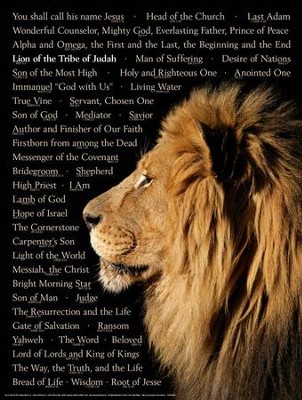
- SOVEREIGN 'sɑv.(ə)r(.ə)n noun. A supreme ruler.
- 2. adjective. Possess supreme or final power.
- [Sovereignty 'sɑv.(ə)r(.ə)n.ti noun.]
Typically when people talk sovereignty, they’re speaking of the adjective. They’re talking about supreme or final power, and who has it. Like a nation. Our country claims the right to do as it pleases, despite what other countries are doing, or trying to get us to do. If other countries want to cut pollution, and want us to sign a treaty which agrees to do so, but our president doesn’t believe in climate change and sees no reason to make our businesses stop dumping their garbage into our air and drinking water: Hey, we’re a sovereign nation, and those other nations can go pound sand. More carbon for everyone!
More often lately, people talk about individual sovereignty: They claim they’re sovereign citizens, who can do as they please and no government can tell them otherwise. If they want to refuse vaccines or get an abortion, how dare any government force them to act against their will. True, our governments recognize no such claim, because our Constitution entrusted Congress with this sovereignty, but you try making “sovereign citizens” practice eighth-grade reading comprehension. They’re sticking with fourth grade, and they’re sovereign and you can’t make ’em.
Obviously the way Christian theologians define sovereignty is way different. There, we’re talking about God’s sovereignty: His power, and right and authority, to rule the universe.
Which he does. He created it; he has the unlimited power to do with it, and make it do, as he pleases. He knows it inside and out, and knows best how to run it, so we believe it’s best if we defer to his wisdom about how it works. He’s setting up a kingdom meant to rule the cosmos, and Christ Jesus is its king. All this stuff is in the bible; arguably it’s the primary thing the bible’s about.
We Christians largely agree God is sovereign over the universe. There are certain Christians who take the deist view, and think God created the universe to run on its own, like a really good and well-wound-up clock. But then he left it to fuction on its own, without his input or interaction. Certain cessationists believe God doesn’t do miracles anymore, and believe this is why: He left us a bible, and doesn’t need to talk to us anymore, nor offer any supernatural corrections to the way the universe is running. He left us and forsook us; we’re on our own.
The rest of us agree God is king of the universe. Where we disagree is how he does it.
The scriptures make clear God issues commands, either to nature 2Ch 7.13 or to us humans. 2Ch 7.17 He’s almighty, so he can enforce his commands: Make us obey, or penalize us when we won’t. And he has every right to command us, for he made us to obey these commands. They’re good works, Ep 2.10 and if we don’t do as designed, he has every right to correct us. Even unmake us.
Yeah, there are Christians who believe God has no such rights. They won’t say it in these particular words; they know how rebellious and heretic it sounds. So they fudge around it and claim God gave us free will, and he loves our free will so much, he’d never ever interfere with it. At all. “The Holy Spirit is a gentleman,” they insist, “and will never interfere with your life unless you grant him permission.”
Okay yes, God gave us free will. (Duh.) God gave your kids free will too. Does that mean when they get the idea to paint the cat, you’re gonna let ’em? Not unless you really hate that cat. (Often not even then.) Free will means we have the ability to choose our own course of action… but God has free will too. Freer than ours; we’re limited and he’s not. God can almightily clamp down on our bad choices. Just ’cause he doesn’t always, doesn’t mean he doesn’t and won’t.
Some people are dying, and are fighting off their deaths as best they can—but God’s decided their time’s up. No, he’s not passively letting them die; it’s his idea. He can decide that, y’know. Tell them God would never interfere with their free will: They don’t wanna die! Yet he isn’t granting their requests for longer life. Death is totally interfering with their free will.
Likewise people whom God has decided don’t get to become wealthy. Or women whom God decided don’t get to be mothers. Men who wanna pursue one vocation, but God reroutes them to one he prefers. People who wanna move in various directions, but God both shuts the door and closes the window. Ac 16.6-7
See, either God’s in charge, or we’re in denial: We’ve decided he’s not really, and make no attempt to submit to his will or approval. Jm 4.15-16 Not the smartest plan. But it’s indicative of Christians who believe God’s kingdom hasn’t arrived yet, and won’t be here till Jesus returns. Till then, they intend to enjoy life and do as they wish. They imagine once Jesus transforms us in his return, 1Co 15.51-52 he’ll vaporize our selfish nature—so there’s no point in currently fighting it. Go ahead and sin; we’ve got grace. Till the King comes, sin gets to be king. (Scriptures to the contrary. Ro 6.1-2, 14)





